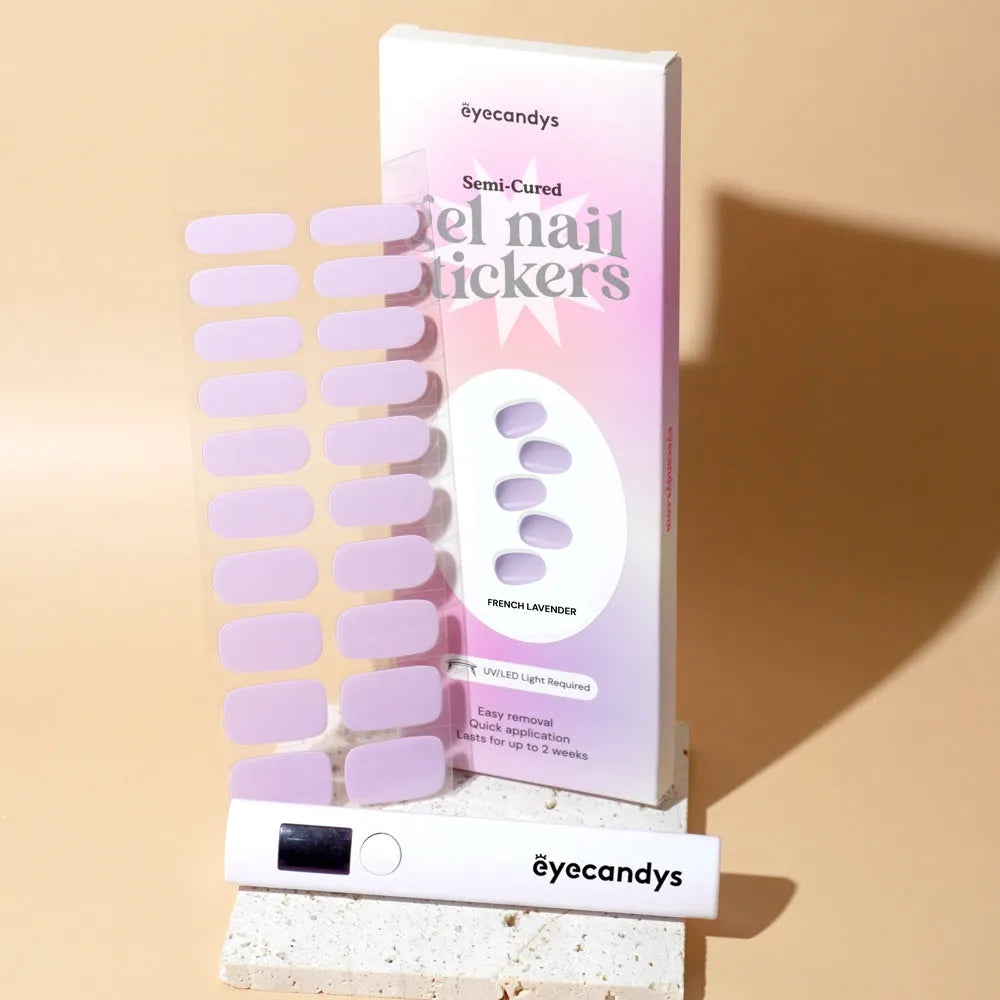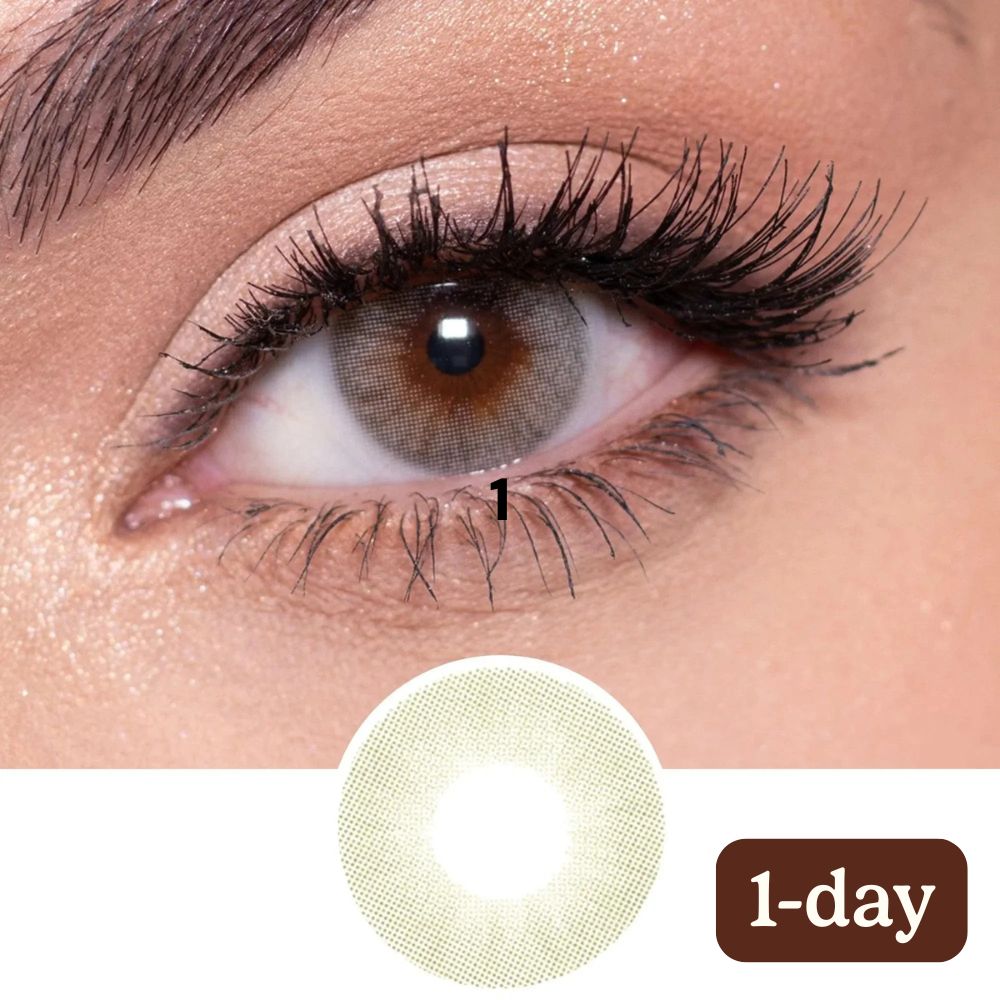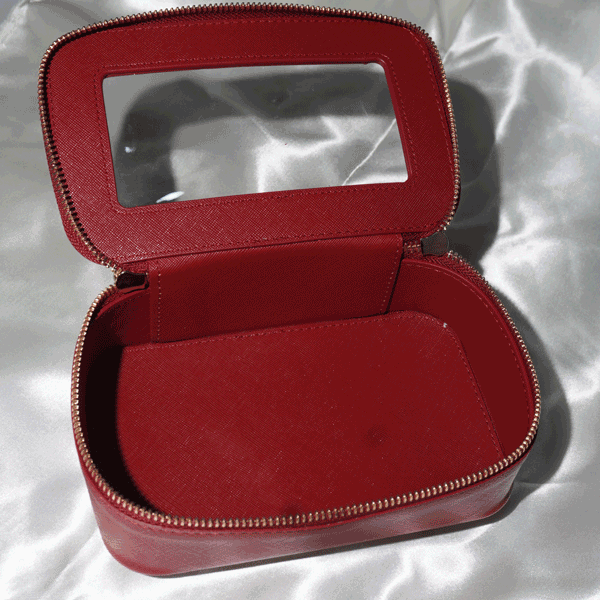Taking proper care of your contact lenses is crucial for maintaining eye health and clear vision. Neglecting the cleaning and maintenance of your lenses can lead to eye infections, discomfort, and even damage. In this guide, we’ll explore the essential steps and tips for proper contact lens care to ensure you enjoy safe and comfortable lens wear every day.
Why Proper Care is Crucial
Improper care of contact lenses can lead to various eye infections and complications, including:
-
Bacterial Infections: These can cause severe discomfort and even lead to vision loss if not treated promptly.
-
Corneal Ulcers: Open sores on the cornea can result from improper lens hygiene, potentially leading to scarring and vision impairment.
-
Dry Eyes: Poor lens care can contribute to dryness and irritation, making it uncomfortable to wear lenses.
Benefits of Regular Cleaning and Maintenance
Proper care and cleaning of your contact lenses offer several benefits:
-
Prevents Infections: Regular cleaning removes harmful bacteria and debris.
-
Maintains Comfort: Clean lenses are more comfortable to wear and reduce the risk of irritation.
-
Ensures Clear Vision: Regular maintenance ensures your lenses remain clear and effective for vision correction.
Getting Started - Essential Supplies
Before diving into the cleaning routine, ensure you have the necessary supplies:
-
Contact Lens Solution: Choose a multipurpose solution for cleaning, rinsing, and storing your lenses.
-
Lens Case: Always use a clean, fresh case to store your lenses.
-
Hand Soap: Preferably antibacterial and fragrance-free to avoid contaminating the lenses.
-
Lens Cleaner: If recommended by your eye care professional, use a specific lens cleaner for thorough cleaning.
-
Saline Solution: Useful for rinsing lenses, but not for disinfecting.
Daily Cleaning Routine
Follow these steps for a daily cleaning routine to keep your lenses in top condition:
-
Wash and Dry Hands Thoroughly: Use antibacterial, fragrance-free soap and dry your hands with a lint-free towel.
-
Remove the Lens: Carefully remove one lens at a time.
-
Rinse with Contact Lens Solution: Place the lens in your palm and apply a few drops of solution.
-
Rub Gently: Use your finger to gently rub the lens to remove debris.
-
Rinse Again: Rinse the lens with solution to wash away any remaining particles.
-
Store in a Clean Case: Place the lens in a clean lens case filled with fresh solution.
Important Tips
-
Avoid Tap Water: Never use tap water or saliva to rinse your lenses, as they can introduce harmful microorganisms.
-
Fresh Solution: Always use fresh solution in your lens case to avoid contamination.
Weekly and Monthly Maintenance
In addition to daily cleaning, perform periodic maintenance to ensure optimal lens performance:
Deep Cleaning
-
Weekly Enzymatic Cleaners: Use enzymatic cleaners or protein removers if recommended by your eye care professional to remove protein buildup.
-
Monthly Lens Case Replacement: Replace your lens case every month to prevent contamination.
Long-Term Care Tips
-
Store Lenses Properly: Always store lenses in a clean, dry place away from direct sunlight.
-
Follow Manufacturer’s Guidelines: Adhere to the specific care instructions provided by the lens manufacturer.
Handling and Hygiene Tips
Ensure safe handling and hygiene to maintain lens integrity and eye health:
Safe Handling Guidelines
-
Wash Hands: Always wash and dry your hands before touching your lenses.
-
Avoid Oils and Lotions: Do not use oils, lotions, or creams before handling lenses.
-
Limit Wear Time: Do not wear lenses longer than recommended by your eye care professional.
-
Avoid Sleeping in Lenses: Unless specifically designed for overnight wear, avoid sleeping in your contact lenses.
-
Do Not Share Lenses: Never share your lenses with others to prevent cross-contamination.
Steps to Take
- Remove Lenses Immediately: If you experience any of the above symptoms, remove your lenses immediately.
- Rinse Lenses: Rinse the lenses with solution and inspect for damage.
- Seek Professional Advice: Contact your eye care professional if symptoms persist.
The Role of Regular Eye Exams
Regular eye exams are crucial for maintaining eye health and ensuring proper lens use:
Benefits of Professional Check-Ups
- Monitor Eye Health: Regular exams help monitor the health of your eyes and detect any issues early.
- Update Prescriptions: Ensure your prescription is up-to-date for optimal vision correction.
-
Receive Professional Advice: Get personalized care and advice from your eye care professional.
Proper care and cleaning of your contact lenses are essential for maintaining eye health, comfort, and clear vision. By following these guidelines and regularly consulting with your eye care professional, you can enjoy the benefits of safe and comfortable lens wear every day.
By adhering to these practices, you can ensure that your eyes remain healthy and your vision clear, while enjoying the versatility and convenience of contact lenses.





